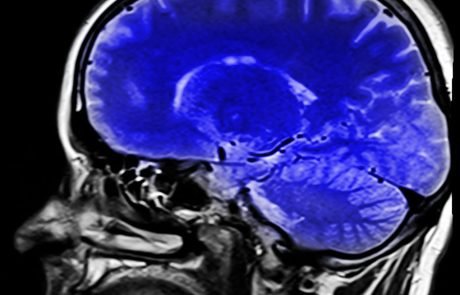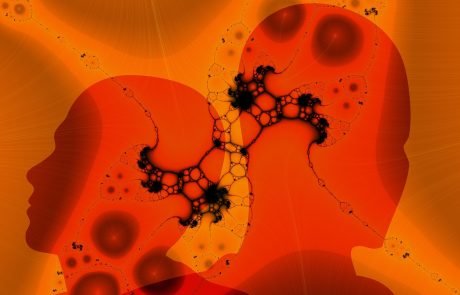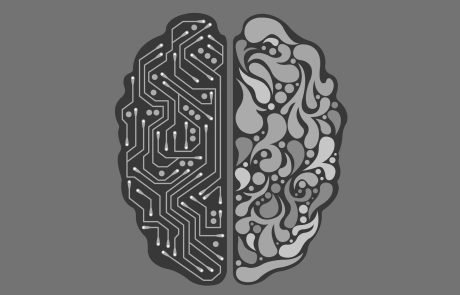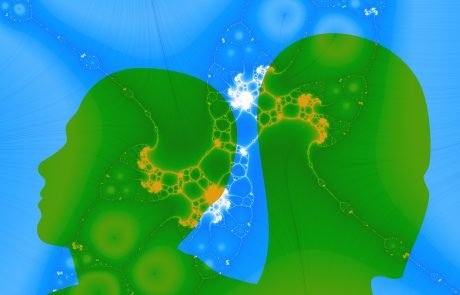It has long been observed in the field of ageing research that nonhuman animals on a calorie-restricted diet boast slower metabolisms and live longer than their counterparts who regularly consume
All posts in Research
Most MEG machines are limited by their size, weight, and sensitivity to movement. With the development of a wearable brain scanner, neuroscientists might soon be able to study the brain
New research demonstrates that differences in pupil size can predict success during free recall tests of memory in humans, suggesting that pupil responses might be a valid marker of underlying
In perhaps the biggest news in neuroscience this year, a recent study has found that neurogenesis, a process by which new neurons are generated in the brain, grinds to a
By modelling the behaviour of a simple yeast cell, researchers have arrived at a unique understanding of a machine-learning algorithm that can simulate basic cell biology, opening the door to
By harnessing the power of a perceptual movement illusion, researchers report that amputees with prosthetic hands can improve their motor performance and regain a sense of control through neural-machine interface.
On February 2nd, 2018, the National Toxicology Program[1] (or NTP), a US government toxicology research programme, produced two technical reports [1, 2] and a press release[2] on the results of
Researchers have discovered that empathy is not only developed through life experiences and education, but it is also determined in part by our genes. They also found that on average,
How exactly the different centres of the human brain work together will remain a mystery for a long time to come because of their unimaginable complexity. Nevertheless, there are partial
Scientists have uncovered evidence that particular genes related to neural connectivity may be linked to synaesthesia, a type of perception in which an experience of one sense automatically and involuntarily









